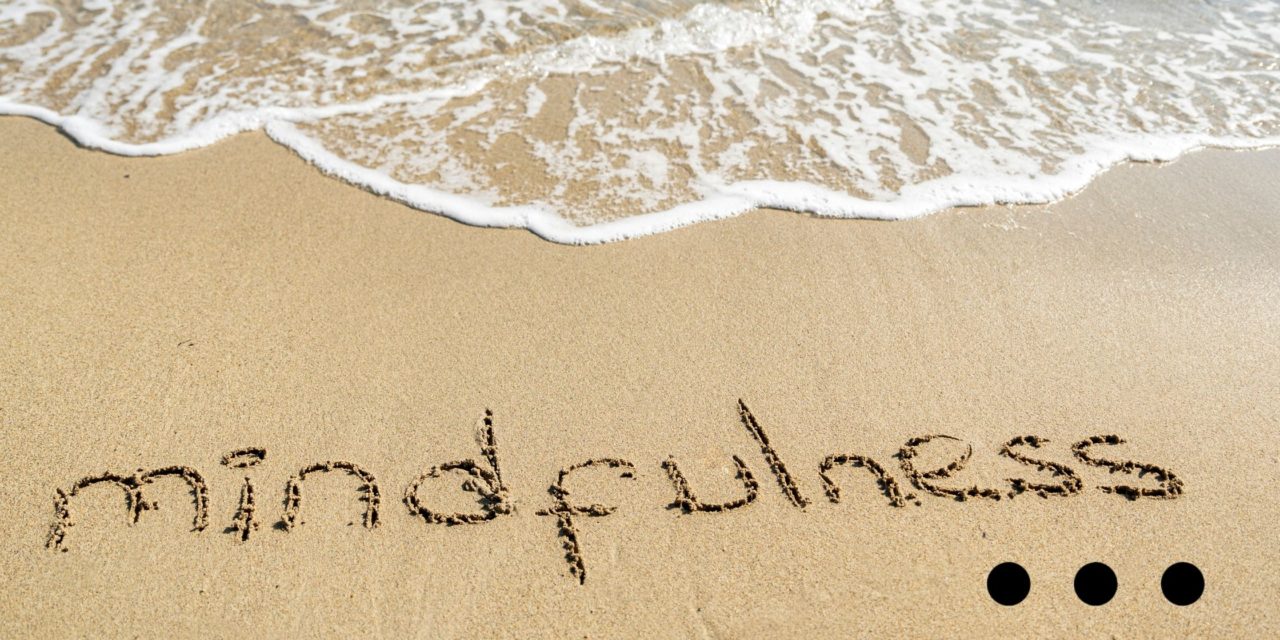Addiction is as much a disease of the mind as it is one of the body. That’s why any addiction treatment program worth its salt will include both psychological healing (therapy and counseling), in addition to helping the body recover physically (detox, MAT). If anything, the psychological component can be more important to prevent later relapses. As such, many drug and alcohol rehab facilities have begun to recognize the importance of empowering their patients to increase their mental fortitude through the practice of mindfulness with mindfulness-based interventions (MBIs).
Mindfulness primarily performed through meditation provides a number of specific benefits that provide exactly what people in addiction recovery need. Discover the harmony to be gained from combining mindfulness and addiction recovery and 3 mindfulness techniques for addiction you can try today.
Mindfulness and Addiction Recovery
Mindfulness is an ancient Buddhist philosophy dating back more than 2,500 years ago. In a nutshell, it’s the act of being fully in the present–taking in sensory information, how you feel, the sensations of your body–and doing so in a judgment-free way. Meditation is a commonly used form of mindfulness, but it’s not the one. You might even already perform mindfulness exercises in your day-to-day without even realizing it. Mindfulness is a state of mind that requires mental discipline, but ultimately, it’s a skill that can be learned through practice.
3 Easy Mindfulness Techniques for Addiction
The foundation of mindfulness is tapping into your sensory information and intentionally noticing sensations, thoughts, and feelings that you usually miss when operating on autopilot. What can make mindfulness so challenging is the intrusive thoughts and daydreams that interrupt such as thinking about all the remaining items on your to-do list, or what you’re going to make for dinner.
These mindfulness techniques will help give you something to focus on which will help train your brain to ignore both internal and external distractions. Just as with any other skill, the more you practice, the easier it will become to a point where you might find yourself practicing mindfulness throughout your day. To get started, take a comfortable position in a quiet, distraction-free environment. You can sit or lie down, and keep your eyes open or closed.
- Take stock of your senses
Perhaps the easiest way to practice mindfulness and be more aware of the present is to start with the senses. How do the clothes you’re wearing feel on your body? Are they smooth and silky or a little rough? What do you hear around you? Perhaps the hum of an air conditioner or fridge, the ticking of a clock, the crackling of a fireplace? Observing your surroundings is something you already do but are now doing with greater intentionality.
- Give yourself a body scan
Check into every single body part and how it feels. This will help you gain awareness of the parts of yourself you probably don’t normally. Work your way up from your head to toes or vice versa. Simply focus your attention on different areas of your body and move your way up or down, looking for any stiffness or tension. If you find any, consciously make an effort to relax that body part and move on to the next.
- Breath control
One of the first techniques of meditation that more people are introduced to (or know about) involves focusing on the breath. It requires inhaling and exhaling for specific intervals, controlling how the air leaves and enters your body (through the nose or the mouth), and noticing the sensation of breathing. Not only is this a wonderfully calming technique, but it’s a great on-the-go technique to use when you don’t have the opportunity to sit in a quiet spot on your own.
Benefits of Mindfulness Meditation
Practicing mindfulness (more on that later) is one of those situations where there’s not a single downside. There’s nothing to lose, but everything to gain. Just setting aside a few minutes each day can allow you to see those benefits:
- Increased attention span and clarity
- Increased immune system
- Fewer depressive symptoms
- Stress reduction
- Boosted memory
- Increased self-awareness due to cognitive flexibility
- Higher satisfaction with relationships
- Less easily distracted
- Greater control over emotions and less emotional reactivity
- Greater empathy and compassion
Still skeptical? Mindfulness has been proven to be tremendously beneficial to those undergoing substance abuse treatment by scientific studies like these which found that mindfulness practices could actually reshape our brains. These equip those in recovery with the tools to resist triggers and cravings, have greater self-awareness, and also reduce stress–all of which can directly decrease the risk of future drug abuse. Find a drug rehab that offers mindfulness-based interventions today!
Sources:

